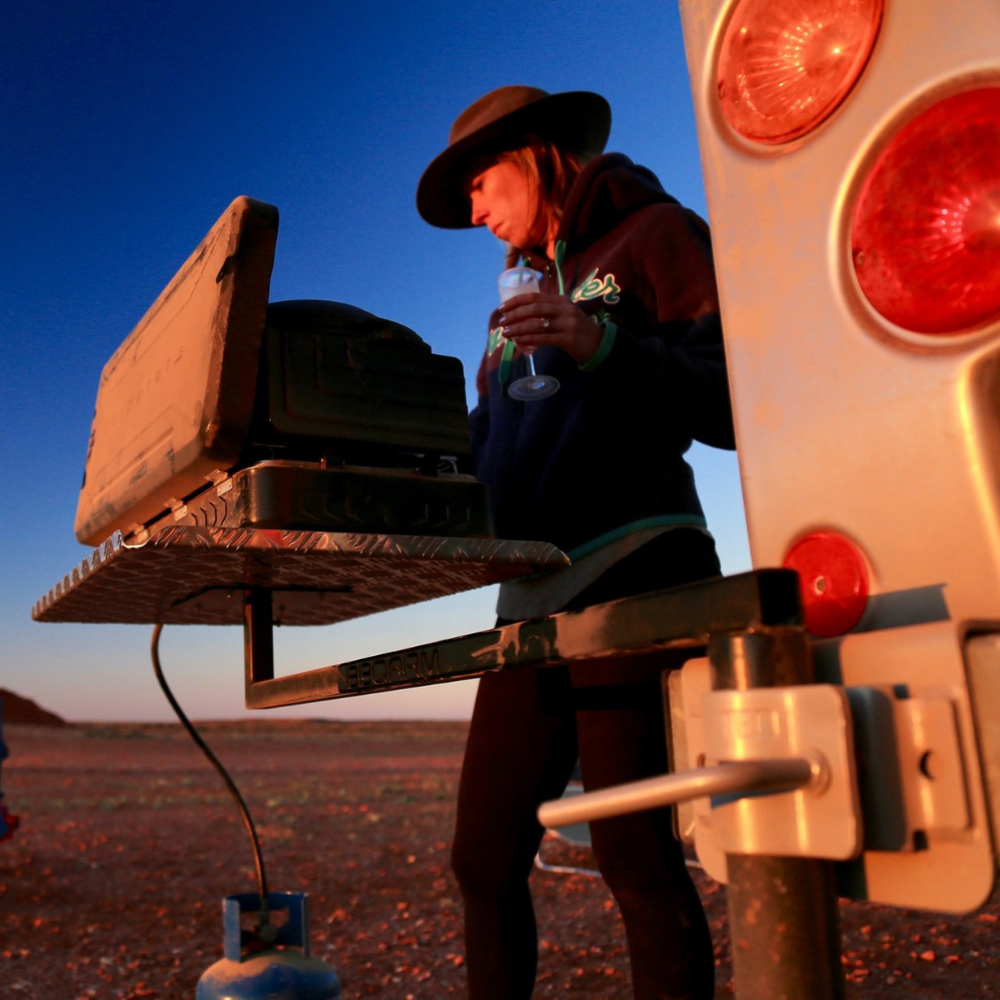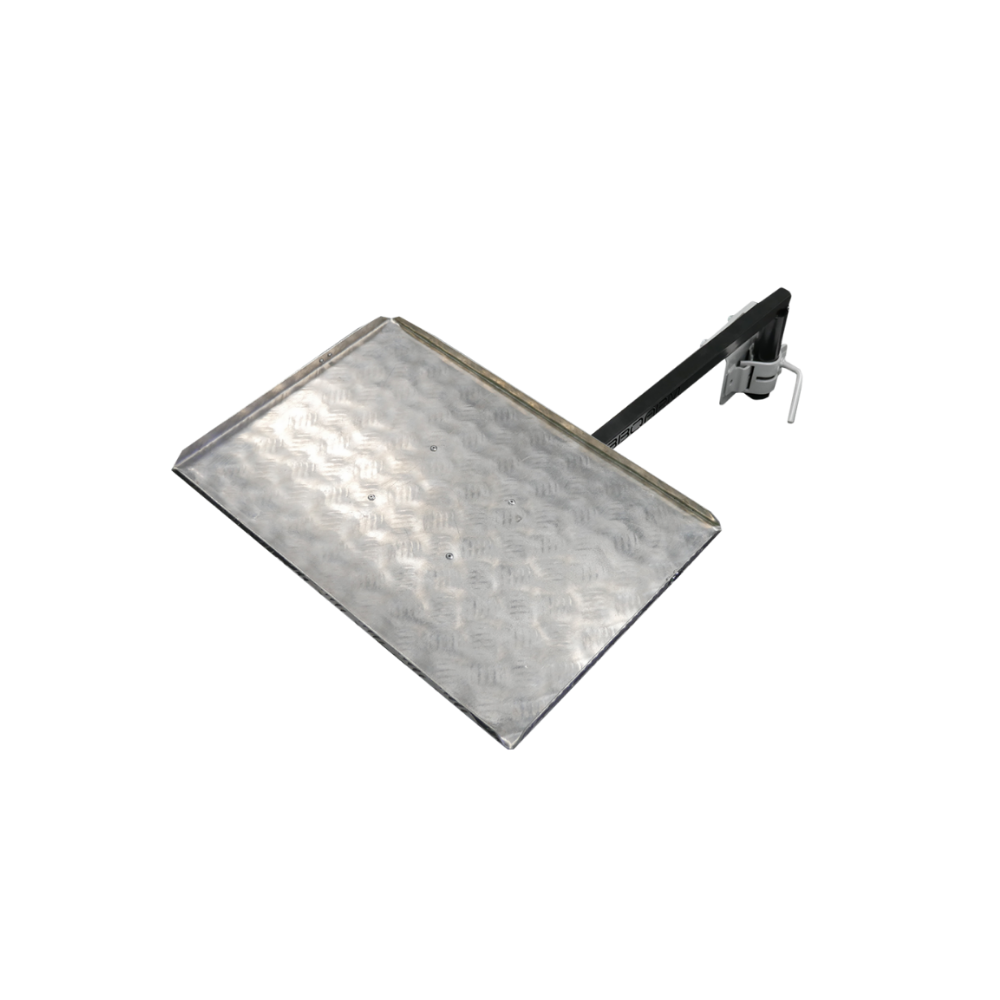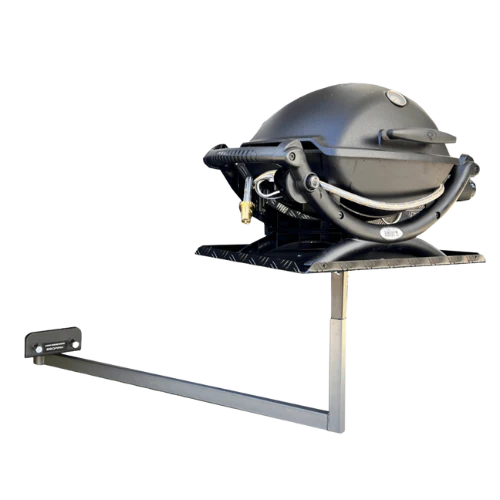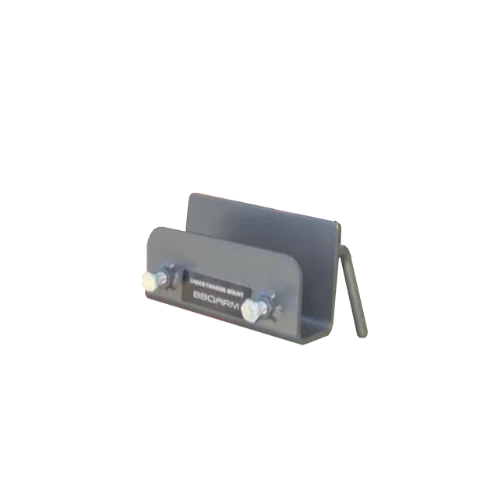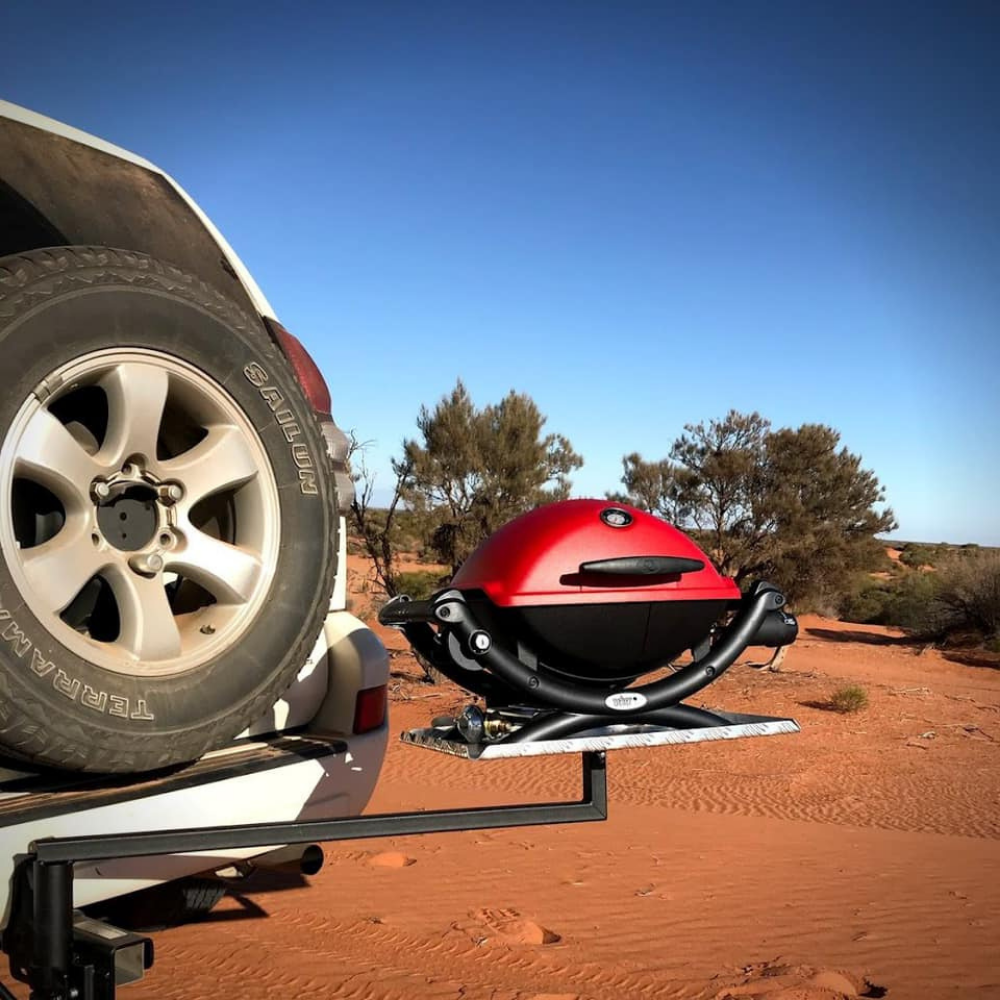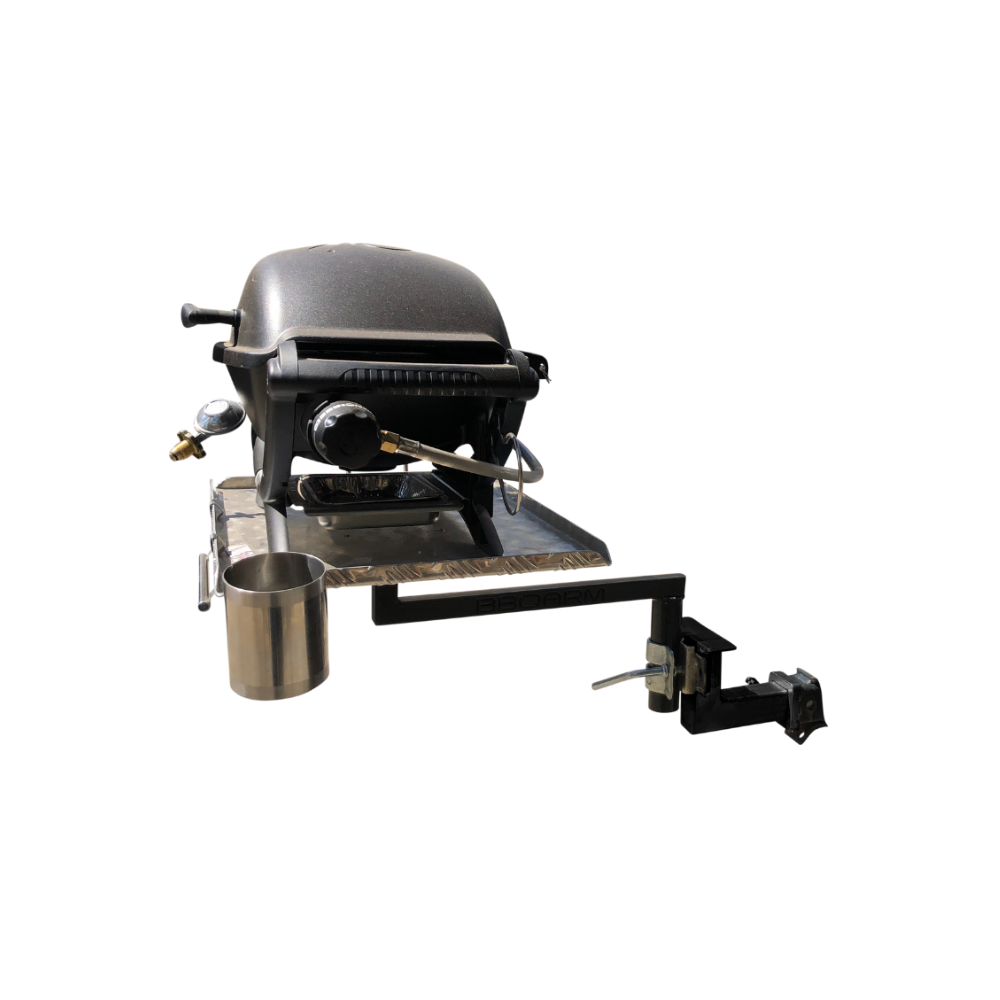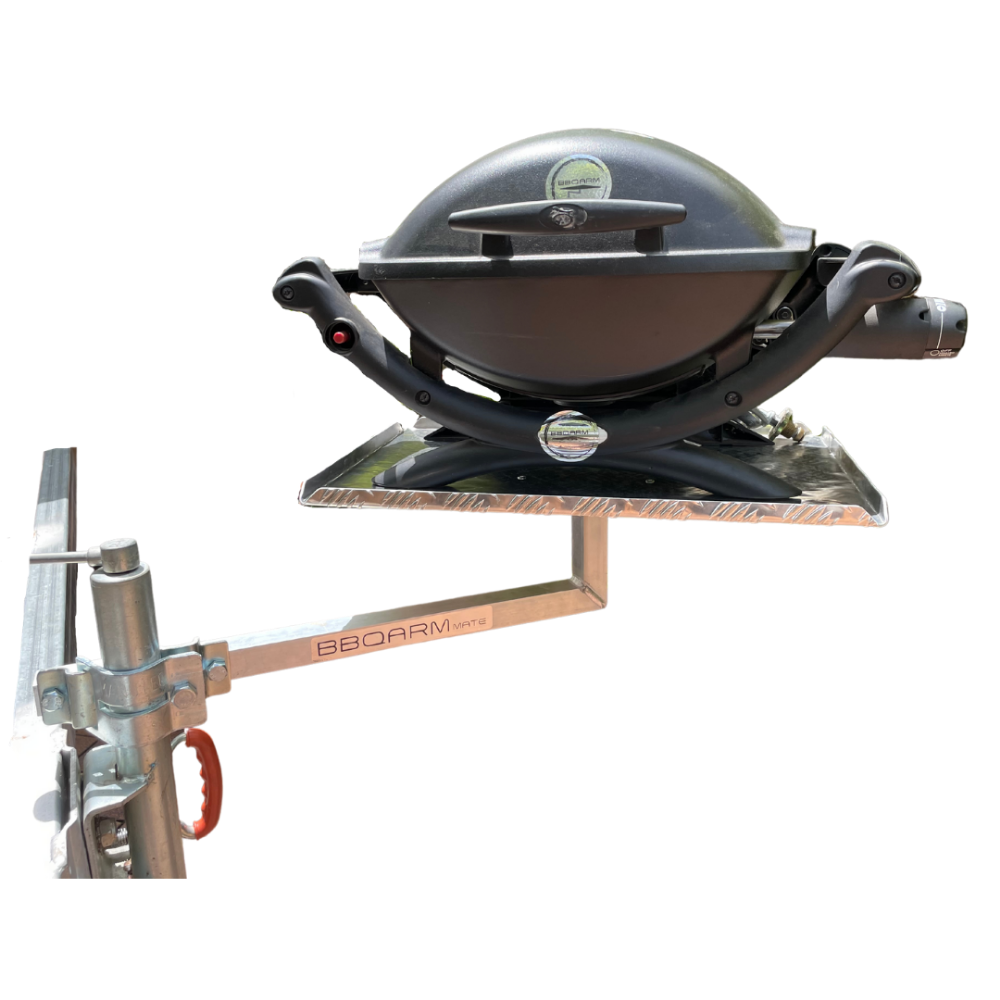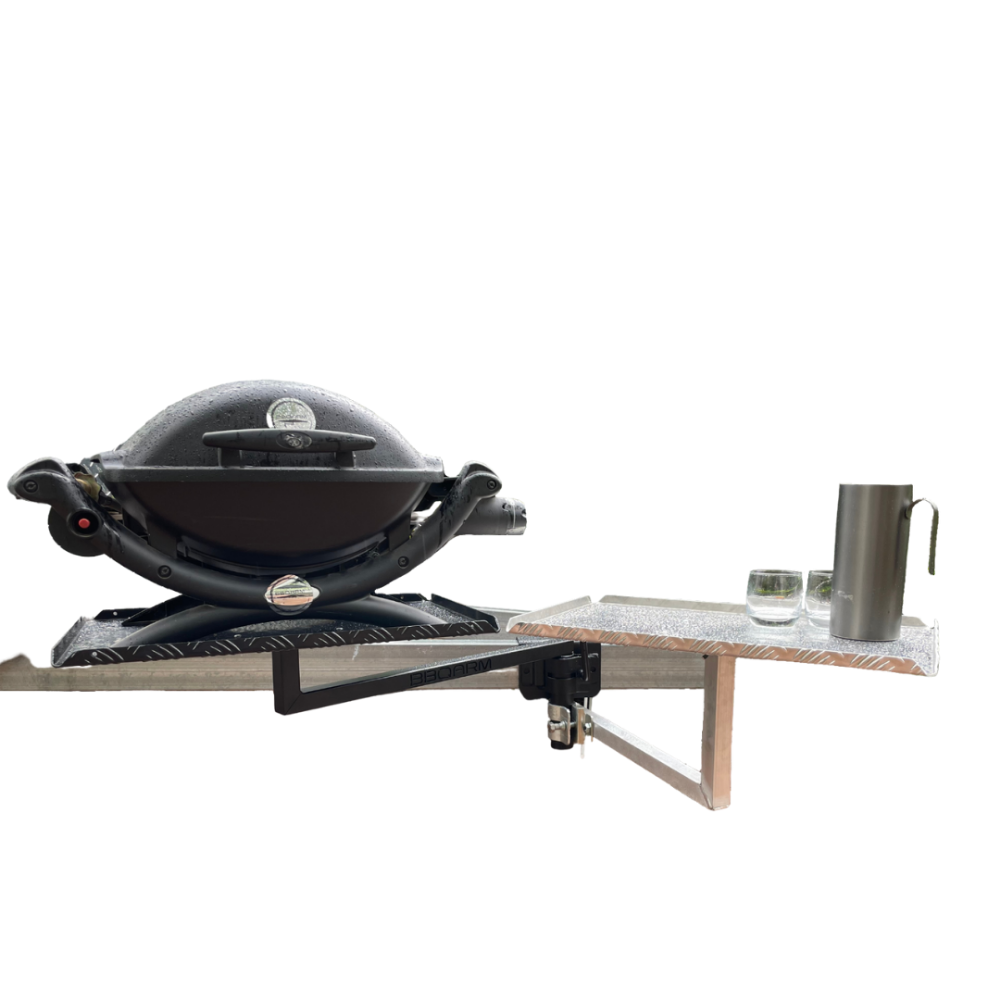Portable BBQ
25 products
Showing 1 - 25 of 25 products
Grill on the go with our ultimate portable BBQ collection! Whether you're planning a weekend camping trip, a day at the beach, or just maximizing a small backyard, we have the perfect grilling companion for you.
Our curated selection features a variety of options to suit any adventure. Discover the convenience of a portable gas BBQ for quick and easy cookouts, or embrace the classic flavor of a traditional small BBQ. Each portable grill in our collection is designed for easy transport and compact storage without sacrificing cooking power.
Find the ideal camping BBQ that’s lightweight and durable for your wilderness feasts. From a versatile portable bbq grill for tailgating to a compact model for your balcony, our collection ensures you can enjoy delicious, freshly grilled food anywhere. Explore our range and find the perfect portable grill to fuel your next outdoor culinary experience.







